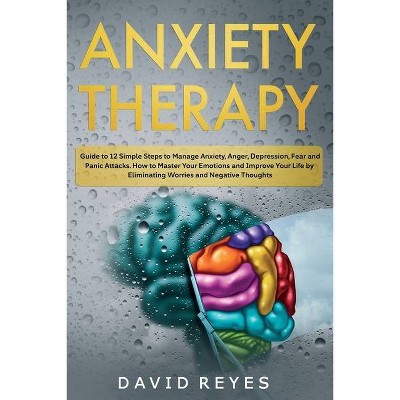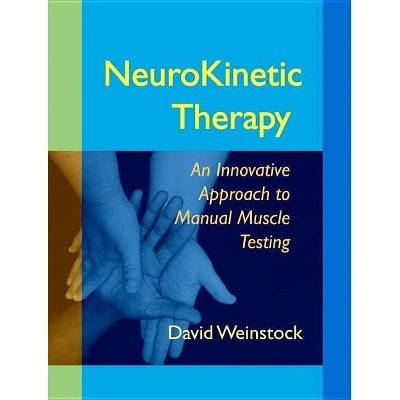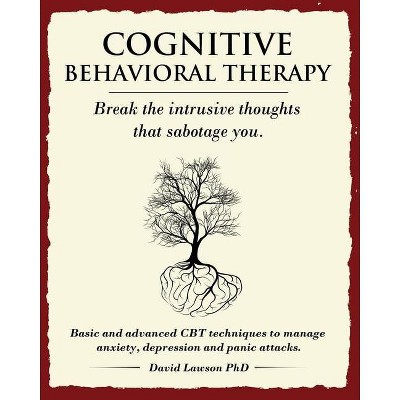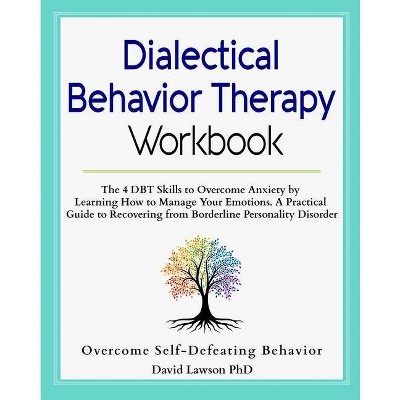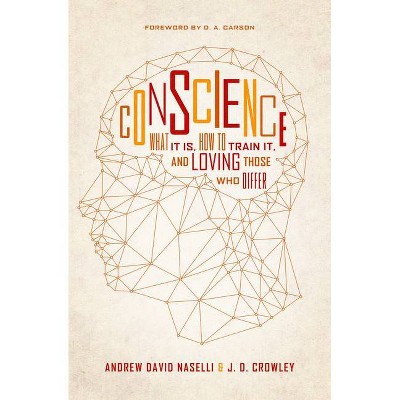Core Value Therapy - (1) by David Andrew Nancarrow (Paperback)
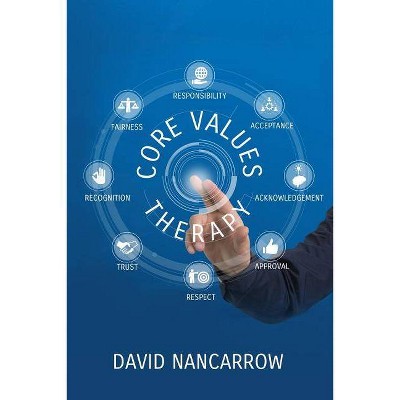
Similar Products
Products of same category from the store
AllProduct info
<p/><br></br><p><b> About the Book </b></p></br></br>Core Value Therapy is a model that helps a client discover their unconscious values that drive their thoughts, emotions and behaviours.<p/><br></br><p><b> Book Synopsis </b></p></br></br><p>Core value therapy started with a client of mine in early 2007. The<br /> client came for anger management and kept mentioning people kept<br /> pressing their button. I made a circle on the white board and said, 'we<br /> are going to find this button'. This began a conversation about what<br /> bothered them about other people's actions towards them. What was<br /> revealed was a value word.<br /> I observed in clients that their particular value was influencing<br /> their anger. For example, clients would say, 'I don't like it when other<br /> people disrespect me and don't accept what have to say.' This may not<br /> sound like some amazing revelation, as we can all relate to hearing<br /> clients say these sorts of things. The critical discovery I have made<br /> with statements like this, is clients do not actually hear the majority of<br /> these value words. For example, in the above statement, the value<br /> words 'respect' and 'acceptance'. Assisting clients to discover, connect<br /> with and take charge of their value words is now known as 'Core<br /> Value Therapy'.<br /> Key aspects of Core Value Therapy<br /> One key aspect of Core Value Therapy is listening for value<br /> words in stories which have made clients feel strong feelings mainly feelings such as anger, becoming annoyed or offended. These<br /> stories are embedded with values. These values influence a client's<br /> behaviour, thoughts and emotions.<br /> Once a client discovers their core value they improve remarkably<br /> well in their emotional regulation when applying the core value to<br /> themselves in situations distressing to them. It is very much like the<br /> core value is the centre of the problem and then becomes the answer<br /> to that problem. In this way it tends to shift the 'locus of control' from<br /> the other person back to themselves.<br /> Another key aspect of Core Value Therapy is the acknowledge<br /> ment that clients do not hear themselves say their core value<br /> words despite saying them very frequently. Clients' core values are<br /> hidden from their conscious mind. Therefore, they are operating<br /> from an unconscious state. Many clients have told me they do not<br /> know why they get angry and can't make sense of it. The moment the<br /> value is revealed it makes sense to them what is going on and they<br /> begin to see the world completely differently, through a different lens.<br /> When clients apply their value correctly to themselves and to<br /> others, they report increase in self-esteem, improvement in relation<br /> ships and stabilisation of emotion regulation. This approach is<br /> explained in more detail in the 'Clinician Techniques for Core Value<br /> Therapy' section.<br /> For most practitioners, when we hear the clients' stories on a daily<br /> basis, we get engrossed in the circumstances and details of that story, <br /> want to know what is going on, focus on their feelings and focus on<br /> solutions. All this is good and worthwhile while we often miss the<br /> main point. The main point is found in what types of value words the<br /> client uses to tell their story. It represents the meaning of the story to<br /> them. Over ten years practising Core Value Therapy, I have observed<br /> clients use countless different value words. I do not interpret that<br /> value word, change it or put my own spin on it.<br /> Most practitioners who attend Core Value Therapy training state<br /> they have to learn to listen differently to their clients from now on<br /> and will need to expand their vocabulary on what constitutes a 'core<br /> value word'.</p><p/><br></br><p><b> Review Quotes </b></p></br></br><br><p>It has been some time since we have seen an effective technique devel<br /> oped and evolve in such a way that is easily explained to clients and<br /> easily understood by clients. The experiential nature of Core Value<br /> Therapy (CVT) provides a real-time grounding for those who have<br /> accurately identified their core value through CVT and experience<br /> this grounding as a comfort. No longer is it an unpleasant, unsettling<br /> set of emotions but an awareness of one's own aroused core value.<br /> Arousal is progressively reduced as the use of CVT principals are<br /> adopted. Extinction of arousal is also possible with intentional appli<br /> cation. CVT has an easy to understand rationale and is truly a tech<br /> nique that can stand alone, beside or integrated into any therapist's<br /> existing models or practice.<br /> Your clients will thank you.<br /> Thank you David for this wonderful gift. (Trevor Reeve)</p><br>
Price History
Price Archive shows prices from various stores, lets you see history and find the cheapest. There is no actual sale on the website. For all support, inquiry and suggestion messages communication@pricearchive.us



